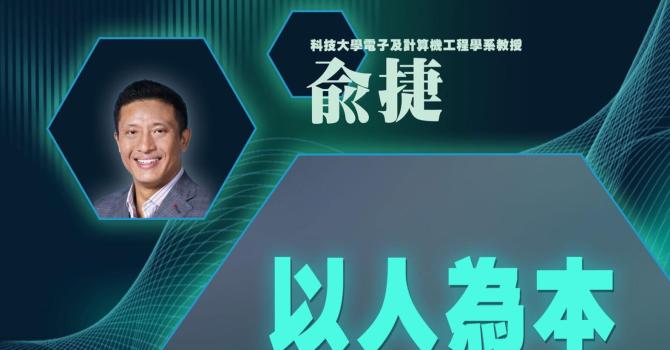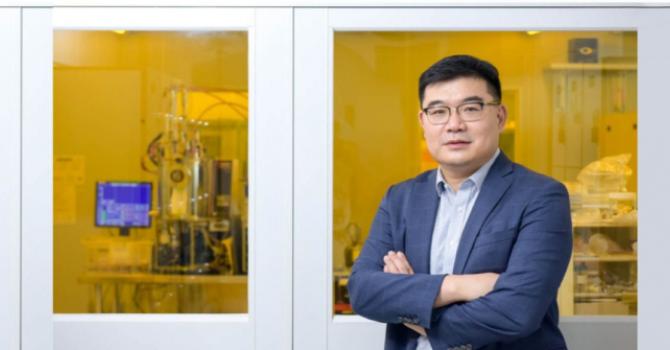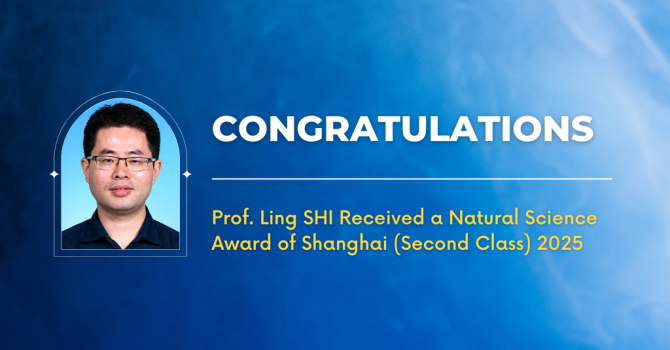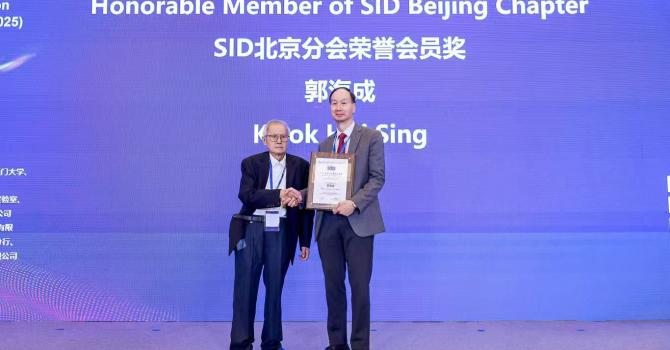Prof. Pascale FUNG - one of the HKUST's leaders to host World Economic Forum's First Leadership Development Program in Greater China on AI for Young Global Leaders
The Hong Kong University of Science and Technology (HKUST) will be the first University in Greater China to host World Economic Forum’s (Forum) Young Global Leaders (YGL) leadership development program. Next month, the University will welcome 40 distinguished young executives from areas spanning legal, tech, media, public administration to investment banking and humanitarian aid across 21 countries and regions as far as Africa, Latin America, Europe and the Middle East.
The highly selective and diverse group of participants, including senior executives and members from companies and organizations such as Amnesty International, Brazilian political parties, Baker McKenzie, CNN, and Rio de Janeiro State Prosecutor’s office, will attend the five-day program hosted by HKUST to learn about the latest developments in artificial intelligence (AI) and the technology’s impact on global economies and societies. Universities from around the world, including Harvard, Princeton, Cambridge and Oxford have previously hosted this program with the Forum on topics of global importance, such as energy innovation and sustainability.
Apart from workshops and lectures on various AI topics to be delivered by world-class scholars from HKUST, University of Hong Kong and the Education University of Hong Kong, HKUST will also organize visits to its InnoHK research centers, as well as startups and tech conglomerates in Hong Kong and Shenzhen. These visits aim to facilitate exchange of ideas among the international program participants, and entrepreneurs, mid-stream researchers and venture capitalists in the Greater Bay Area.
The program will continue to run over the next two years.
As a prelude to the program, HKUST also hosted a panel discussion entitled “Navigating the Future of Work in the Age of AI” today, where Prof. Pascale FUNG, Chair Professor of the Department of Electronic & Computer Engineering at HKUST, Prof. Naubahar SHARIF, Acting Head of Division of Public Policy at HKUST, Mr. Peter YAN, CEO of Cyberport, and Ms. Jennifer ZHU, Founding Partner of IN. Capital and a YGL alumna, discussed the challenges and opportunities presented by the unprecedented technological advancement brought by AI. They also explored the responsible use of AI and ways to overcome obstacles in its integration into our future.
In his welcome remarks at the event, HKUST Vice-President for Institutional Advancement Prof. WANG Yang said, “HKUST has been the only university representative from Hong Kong in the Forum’s Global University Leaders Forum since our collaboration began more than a decade ago. During this time, HKUST faculty members have had the great opportunity to share their insights at different Forum occasions with global leaders across governments, business sectors and international organizations on some of the world’s most pressing issues. Our strong ties with the Forum have been pivotal in fostering a culture of innovation and collaboration from which we hope HKUST can help address some of these global challenges.”
As a world-class research-focused university, HKUST embraces the potential of AI to transform research and education, and is committed to taking the lead in pioneering interdisciplinary research and development on AI as one of its six research focus areas*. HKUST researchers apply AI to various projects in life science, economics, and electronic engineering at research centers, institutes and laboratories. These include the AI Chip Center for Emerging Smart Systems, Center for Artificial Intelligence Research, Big Data Institute, and HKUST-HKPC Joint Research Lab for Industrial AI and Robotics. In terms of teaching, HKUST is the first university in Hong Kong that allows the use of ChatGPT. It has also set up a special AI teaching and learning fund for faculty to develop best practices and apply generative AI technology in courses.
* The six research focus areas are: 1) Biomedical Science and Translational Medicine, 2) Material Science and Future Energy, 3) AI, Future Computing and Electronics, 4) Innovation for Business Management, 5) Environmental Science—Sustainability and Green Tech and 6) Art Tech, Humanities and Social Science.
Related Link



